Love of the city
AWW: Turning to the city itself, what do you love the most about Nottingham?
CJH: Firstly, it's the people - who I think are genuine human beings. They're not stuck up. They've no airs and graces. They are welcoming, they are usually friendly and helpful. And I think that's the biggest asset in the city we've got. Following that up, I suppose economy is the next important thing. Because we're not a single commercial operation in Nottingham. It's many, many, different, diverse enterprises. You know the big names: Boots, Raleigh, Imperial Tobacco, coal mining, textiles. They've all gone now. But it's been replaced by hundreds of thousands of small businesses, usually computer-orientated or high-tech. Even boots now are diversifying.
The other good thing about the city are the two universities. Said to be the most popular in Great Britain. There are about 15,000 students and rising all the time. You've only got to spend one night in Nottingham - especially on the weekend - to know that this city is built for, staffed for, and certainly engineered for youth. It's the youngsters, not necessarily university students, but youngsters in the city that are its future. They have the ideas, the energy and the spending power to bring some of these things to fruition.
Another good thing is that -- well, just let me add a line on that economic phase, because while other cities like Birmingham, Leeds and Sheffield, for example, suffered a major economic downturn when the recession came, Nottingham suffered but not to that extent, because we diversified our economy so much. We weren't reliant on one major industry. So, we've survived the bad times. I'd like to think we have that innovation, bravery and skill to manage new developments.
AWW: On the tourism of the city, what would you say the biggest attractions are?
CJH: Well, if I were a stranger, and I find it hard to think of myself as a stranger, but I am a global traveller like yourself and I do compare everywhere I go with what I know here. The biggest advantage to a visitor to Nottingham is that it's reasonably flat in the central core, where all the visitor attractions are. We're a very compact city and all of the attractions can be accessed by foot. [We were interrupted at this point and informed that the sheriff's next appointment was looming.] We've got a clean and green environment. There's always activity on the street. There are always people no matter what time of the day or what time of the year. So it's always seemed busy. And I think we've already got a very good transportation system but that's being upgraded with this new tram. Also since you last visited [1999], even in that short time, you must notice the changes. A lot of new buildings have gone up in that time. A lot of new restaurants have opened - quality restaurants. Our bottom-line policy is that we have quality buildings giving quality goods and services.
AWW: Do you have a specific favourite attraction?
CJH: Well, I don't. But if I were 20 or 30 years younger, my favourite place would be the Corner House, opposite the Theatre Royal. Because it's got everything in there. Good restaurants, good food, good cinema. A close second to that is the Canal Basin on Canal Street, where there are a lot of night spots, drinking places and restaurants.
AWW: Just to wrap up the interview, I know that the city has occasionally had an ambiguous relationship with its most famous icon. How do you feel about that?
CJH: Well, I've been a member of the council since 1979, and I know that a lot of my colleagues over that time want to project the image of a young, aggressive European city rather than an old, medieval, embattled legendary city. A lot have wanted to ditch Robin Hood in favour of new modern style. But I've always argued that you would ditch the legend at your peril, because to be honest, I don't know what other thing Nottingham could do that would outclass or outstrip the Robin Hood legend.
AWW: That's a very nice thing to conclude on. Thank you for your time.
CJH: It's been a pleasure.
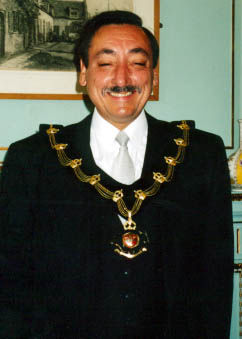
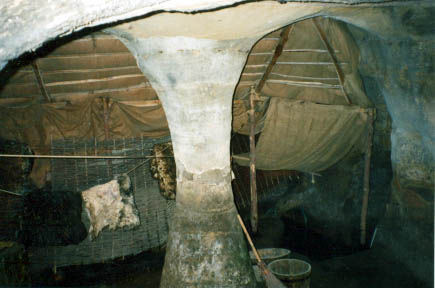
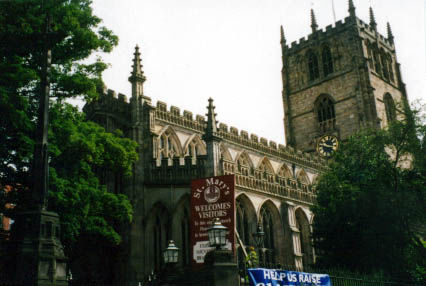
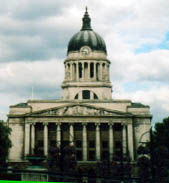
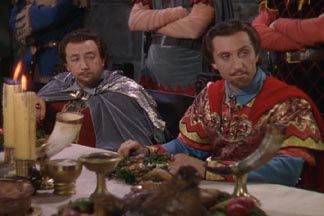

Contact Us